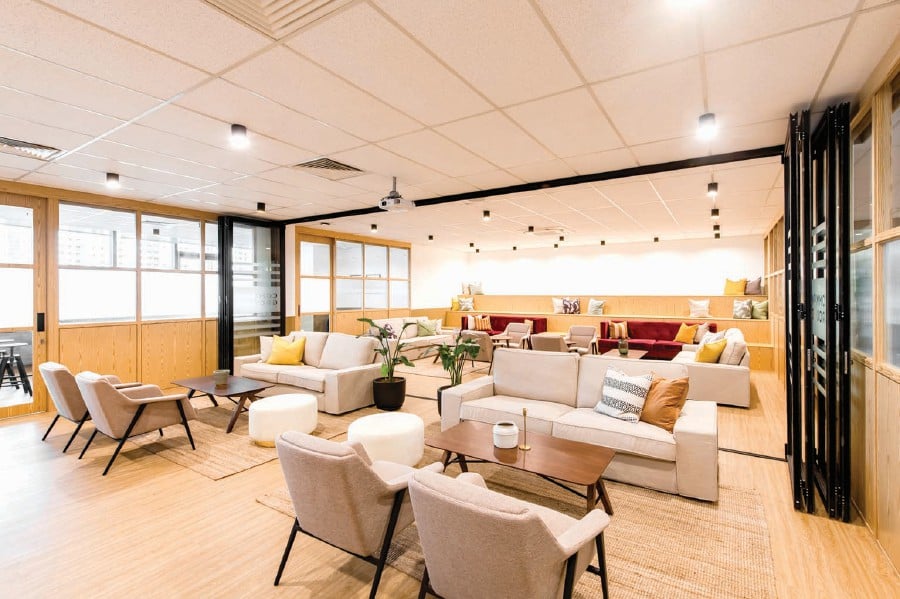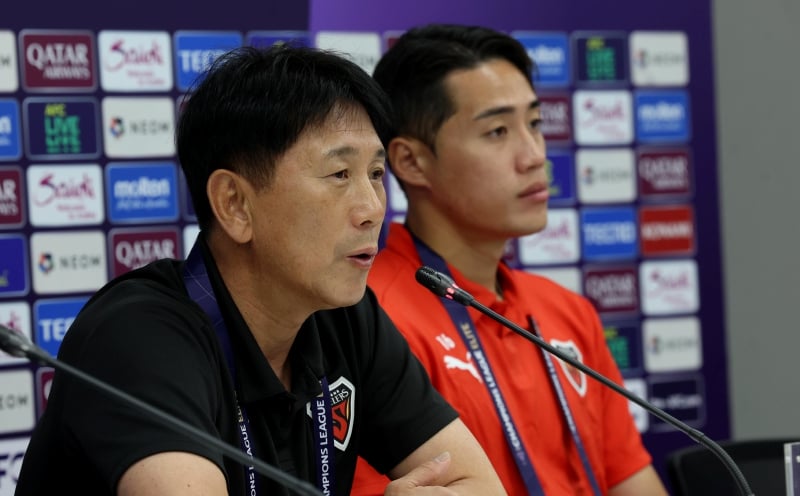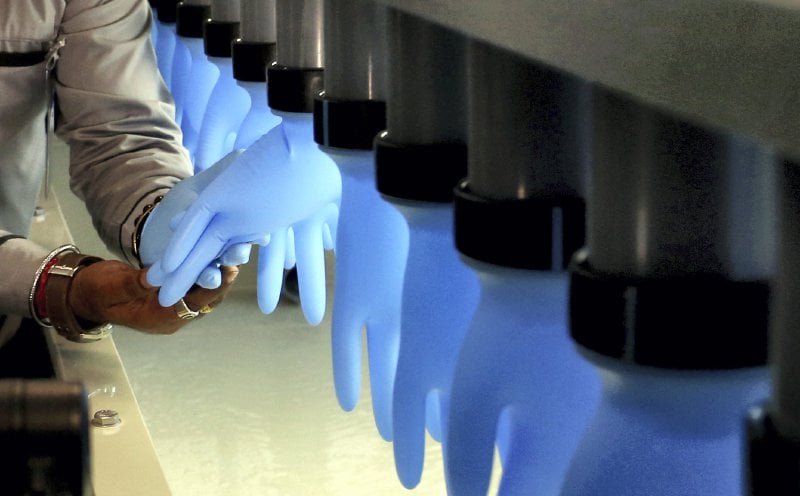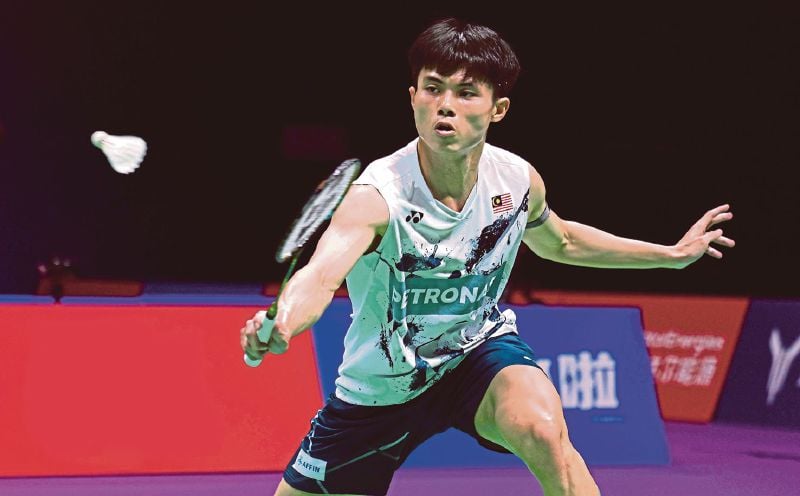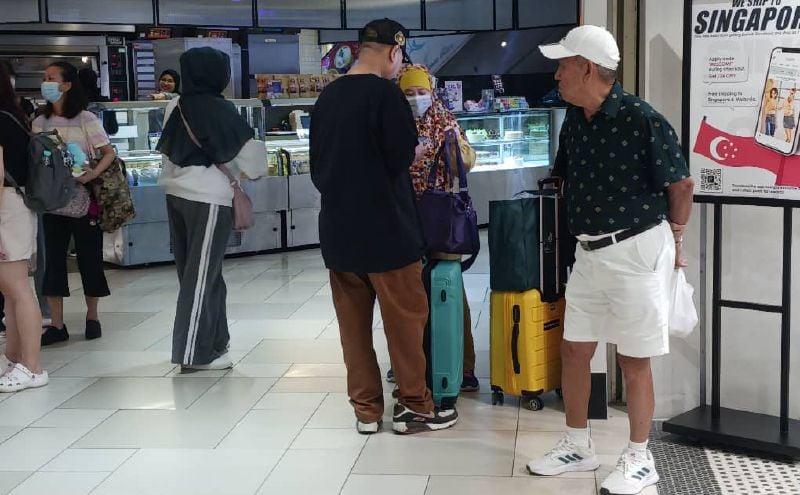CO-WORKING spaces offer businesses and sole proprietors an office they may otherwise not be able to afford, and networking opportunities.
Such spaces offer the amenities of an office — wireless networking, office equipment like phones and printers, conference space, as well as coffee and tea facilities.
These people-centric office spaces are typically 24/7 accessible, giving members much more control over their workday and hours.
Malaysia’s leading total asset solutions provider UEM Edgenta Bhd is collaborating with Common Ground Works Sdn Bhd to offer its employees a modern, collaborative and functional working environment.
The collaboration involves introducing co-working facilities at its headquarters, Menara UEM, in Bangsar South, Kuala Lumpur.
UEM Edgenta managing director and chief executive officer Datuk Azmir Merican said the goal is to improve organisational excellence.
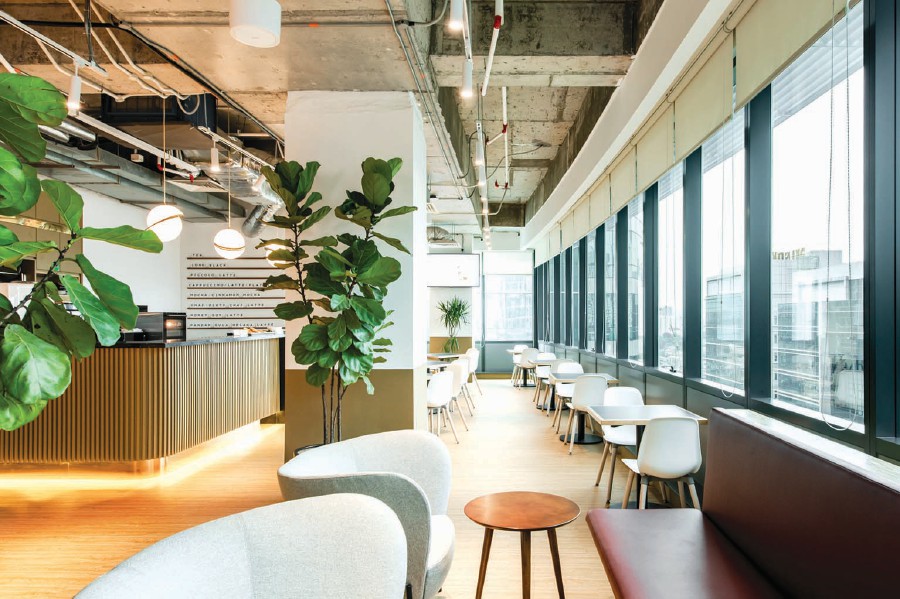
He said the co-working space model is ideal to spur a new and more progressive culture among its employees.
“As a company, we have diverse and agile project teams working daily on innovative and value creation projects. This new feature will increase collaboration among our project teams and is ideal to attract the new and younger generation of working professionals,” said Azmir.
GLOBAL WORKPLACE SURVEY
International Workplace Group’s (IWG) Global Workplace Survey, completed last year, found that flexible working promotes the inclusion of groups that struggle to balance personal and work life, such as carers, people with mental health issues like depression, or older workers.
“At work, there is a psychological contract between us and our employer. It’s not just a financial relationship,” says Denise Taylor, a Chartered Psychologist.
IWG’s research shows that 59 per cent of people born after 1980 believe flexible workspace keeps employee skills up-to-date through interaction with other professionals, compared to 42 per cent of those born pre-1964.
People born after 1980 are more concerned (67 per cent) about being in an inspiring work environment than those born pre-1964 (58 per cent).
Some 55 per cent of people born before1964 think that remote working locations offer a more creative environment than the regular office, compared to a global average of 68 per cent for those born post-1980.
More people born after 1980 see flexible working as offering new business opportunities and new project opportunities (67 per cent) compared to those born before 1964 (55 per cent).
Business leaders increasingly see a flexible workspace strategy as a means of becoming a good employer.
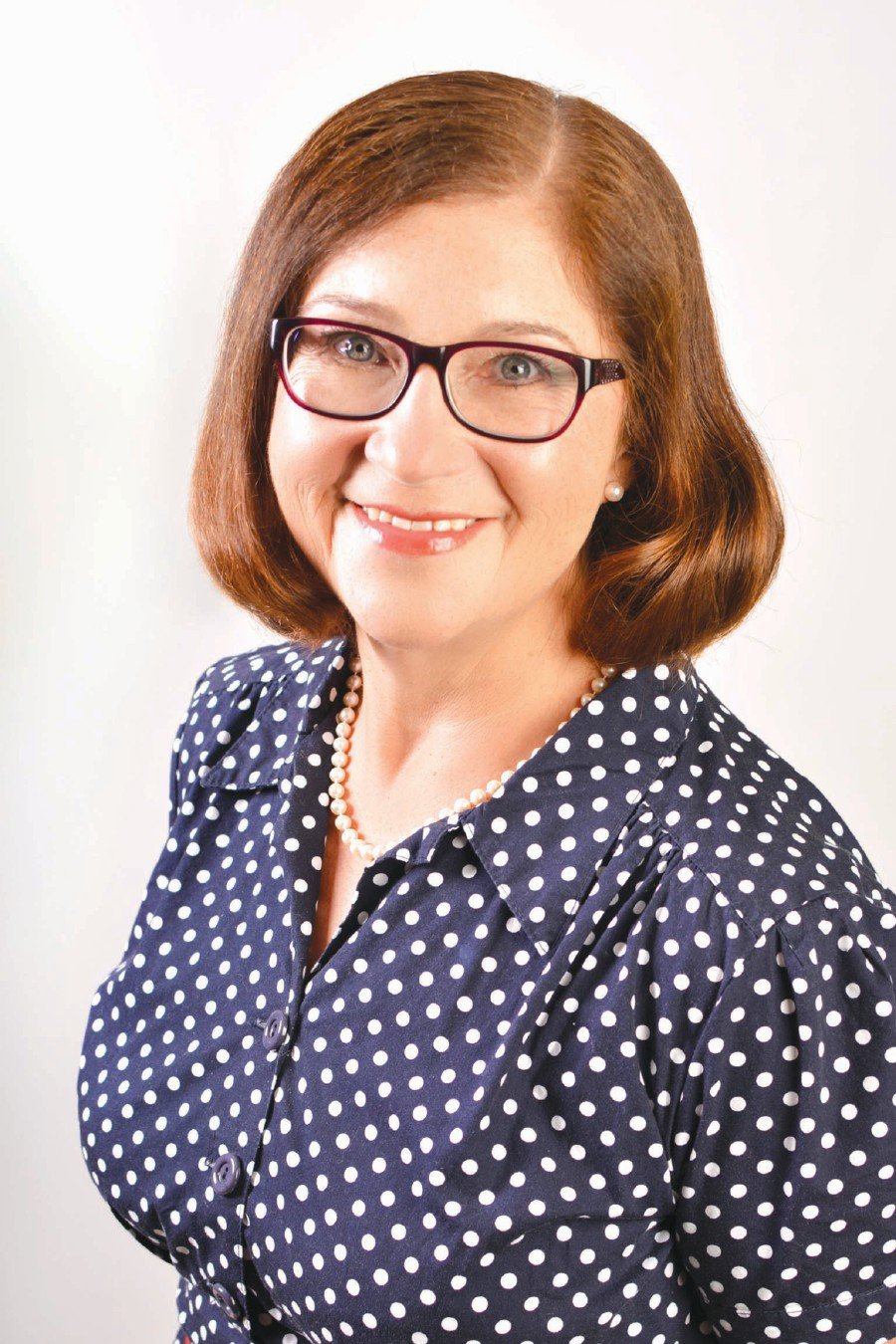
Seventy-two per cent of people born post-1980 think that companies choose flexible working because it helps to motivate workers — 10 per cent more than the percentage for those born pre-1964, and 84 per cent per cent of employees born after 1980 believe that flexible working helps companies recruit and retain top talent, compared with 75 per cent of those born pre-1964.
Vijayakumar Tangarasan, country head of IWG Malaysia, Indonesia and Brunei said, as attitudes to workplaces continue to change, it is more important than ever to understand the expectations of all employees in order to create a thriving culture.
A multi-generational workforce appreciates different aspects of a flexible workspace. Findings show that the generation born before 1964 prioritise productivity benefits, whereas those born after 1980 prefer the creative aspects.
“Collaboration can breathe new life into a company and empower employees of all ages. Sharing new ideas and knowledge across generations as well as across functional or team silos, informally and formally via activities such as reverse mentoring, lets others see things from a different perspective and sparks new ideas,” said Vijayakumar.
Meanwhile, the contemporary-styled co-working space in Menara UEM spans across one-and-a half floors and collectively comprises Common Ground’s biggest Enterprise Solutions deal with a corporate entity in Malaysia.
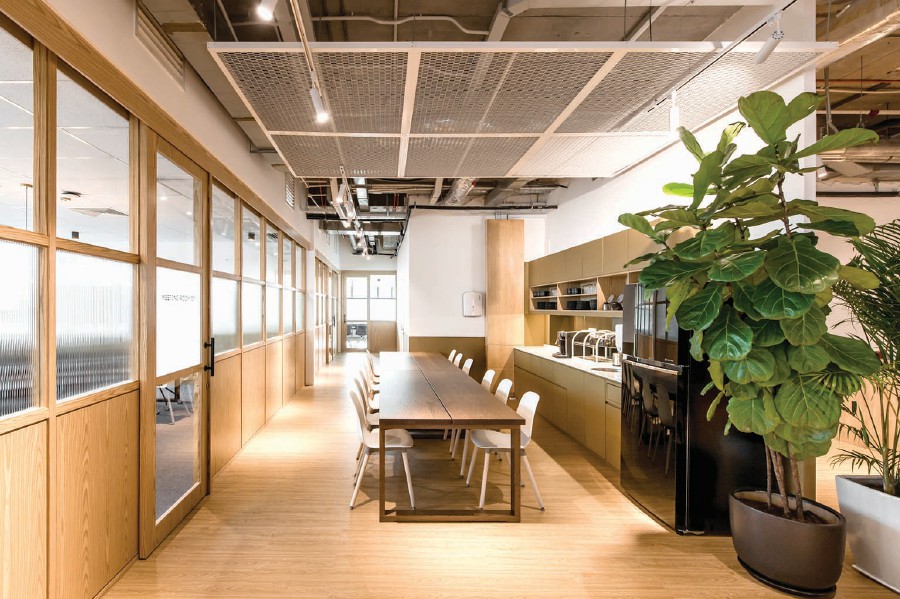
The facility features unique co-working spaces with dedicated desks, meeting rooms, private call booths, lounges, a cafe and “The Grounds” — an open and versatile area where UEM Edgenta’s employees can work, socialise, and hold events.
This facility is custom-built, designed and operated by Common Ground exclusively for UEM Edgenta’s employees and guests.
“As a company, we are made up of diverse and agile project teams working daily on innovative and value creation projects. This new feature will increase collaboration among our project teams and is ideal for us to attract the new and younger generation of working professionals, while positively elevating our employer brand in today’s competitive talent market,” said Azmir.
Common Ground co-founder Juhn Teo said the company’s deal with UEM Edgenta epitomises the shifting and emerging dynamics of the business world.
He said Common Ground has been bridging the gap between the corporate landscape and co-working sphere over the recent years because it sees a genuine improvement in the company’s quality of work, connectivity and culture.
“The enterprise solutions we build encompass more than just a workspace or collection of premium amenities,” he said.


